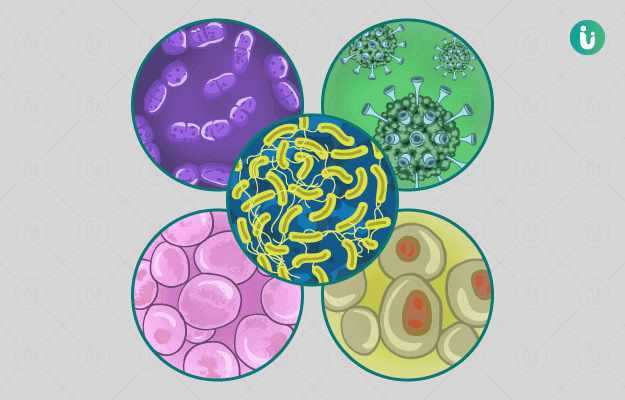What is Amoebiasis?
Amoebiasis is an infection in the intestines caused due to a parasite named Entamoeba. There are some telltale signs to help identify the problem, but generally, you may not experience a number of symptoms. When untreated, amoebiasis can become dangerous, as the parasitic infection may spread to other organs.
What are the main signs and symptoms of Amoebiasis?
It takes between one to four weeks following the parasite or cysts entering the body for the symptoms to start appearing. In many cases, the condition presents with no real symptoms or has generalised symptoms. The commonly experienced symptoms include:
- Abdominal or stomach cramps.
- Diarrhoea.
- Discomfort or nausea.
- Increased stomach gas.
- Blood in stools.
However, once the parasites lodge themselves in organs, they can cause more serious damage, such as:
- Serious infections.
- Abscess or pus formation.
- Illnesses.
- Death.
The intestine and liver are usually the most common sites for the parasite to attack.
What are the main causes of Amoebiasis ?
The protozoa or parasite, which causes amoebiasis is known as E. histolytica. This parasite usually enters the body when its cysts are consumed through water or food. Contact with the faecal matter of an infected person may also cause amoebiasis.
Once the cyst enters the body, parasites are released and they, in turn, spread to various parts of the body. They may find sanctuary in the intestine or colon. The infection may be spread through the passing of the parasites and cysts in the faeces or stool.
How is Amoebiasis diagnosed and treated?
Diagnosis usually combines a few steps, some of which are:
- Information on travel history and recent health status.
- Examination of stool for cysts.
- Liver function tests.
- Ultrasound or CT scan to check for lesions or liver damage.
- Needle aspiration in the case of abscess in the liver.
- Colonoscopy to check for the presence of parasites in the colon.
Treatment is fairly simple and direct and is aimed at controlling the spread and killing the parasite. It involves:
- A course of medication (metronidazole), which may last for 10 to 14 days.
- If the parasite has been observed to cause some organ damage, treatment will not merely include ridding the body of parasites but also aim at organ function restoration. Surgery may be recommended for perforations in the colon or peritoneal tissue (tissue that covers the abdominal organs).

 Doctors for Amebiasis
Doctors for Amebiasis  OTC Medicines for Amebiasis
OTC Medicines for Amebiasis


















